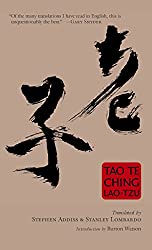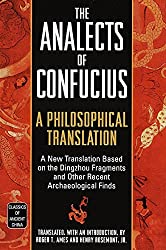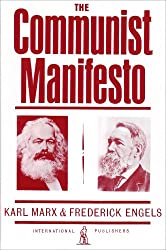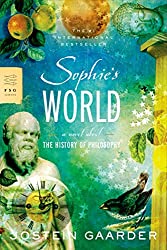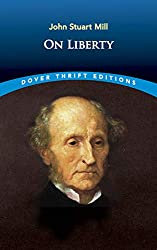
Rating: 8.3/10.
One of the most influential philosophical essays by English philosopher John Stuart Mill, written in 1859 and espousing the values of individual freedom. It has since served as a foundational work for liberalism and many of its principles have been adopted into democratic societies. Mill argues that society tends to force the preferences of the majority on to everybody, creating a “tyranny of the majority”, and this is bad; instead, individuals should have freedom to do what they want, unless the action is harmful to others (i.e., the harm principle).
The first section argues for freedom of speech. Mill argues that we cannot know for sure what statements are true, so if we censor anything, we may censor true statements and impede progress. If somehow we only censor false opinions, we still need to debate with adversaries to deeply understand why our opinions are true, otherwise we merely memorize what is true without understanding why. Even for truths like Christianity (which was at that time indisputably true), it does not contain the whole truth; there are non-religious reasons why people behave morally.
Next, Mill turns to freedom of actions. Individual liberty is better than being restrained because each person knows what is best for himself, and the process of deciding for ourselves what to do is essential to being human rather than automatons. It does not make sense to restrict people for violating others people’s moral standards, like religion (since people at that time routinely did things that upset the more conservative folk). Some will argue that actions like drinking harms society in general, but Mill counters that basically any action has a similar harm to someone, and if we apply this argument universally then we’d have no freedom whatsoever.
In the final chapter, Mill applies the harm principle to a variety of scenarios. He argues that poisons should not be banned as long as there are non-criminal uses for them; gambling should be controlled due to its harm to society (though he admits this is a borderline case). Drinking should be permitted except for people who have caused trouble while drunk. Contracts like marriage may be broken without penalty. Parents should be forced to send their children to school since an uneducated population is harmful to society.
Thoughts
The last chapter is interesting: if it were cut out, you’d get the impression that Mill was a pure libertarian, since in the preceding chapters, Mill always argues for maximizing individual freedom. In fact, Mill later published a book on utilitarianism (advocating for society to be structured to maximize total happiness). We see the limitations of the harm principle: while it sounds reasonable, it is too vague to be useful as practical foundation for policymaking. Mill gives his opinions on where to draw the line on a number of issues, but these don’t follow by applying his principle, and they are still hotly debated to this day.
Mill was also probably too optimistic about the outcomes of free debate. He assumes that the truth would prevail after both sides put forward their best arguments, but this does not happen in practice. Misinformation is a huge problem in our society and despite endless free debates, the two sides do not necessarily come any closer to convergence on a single truth.
